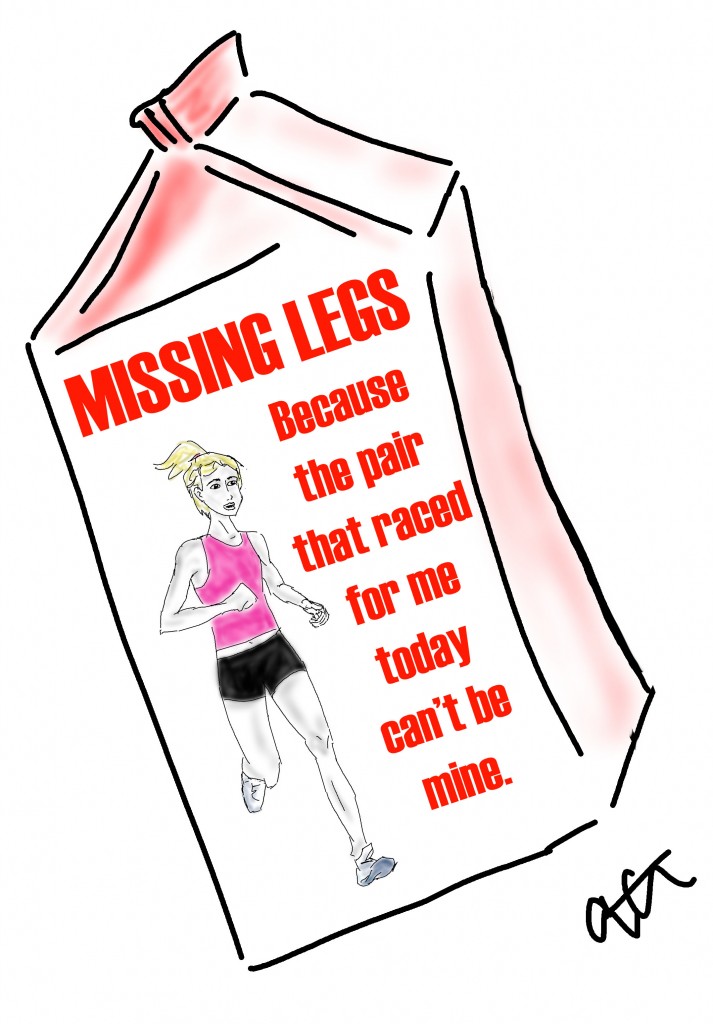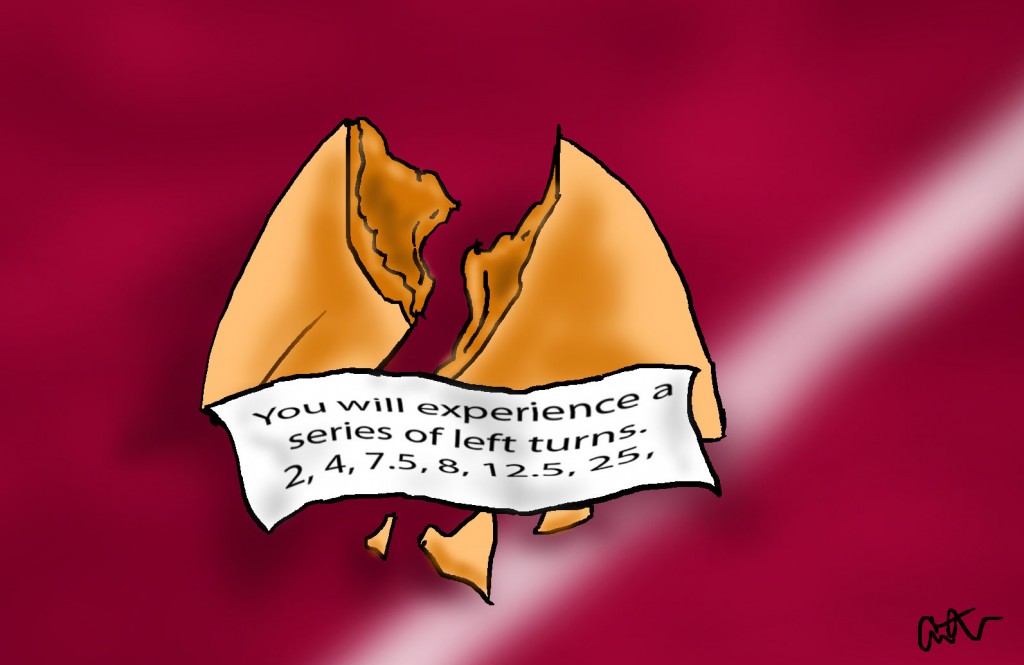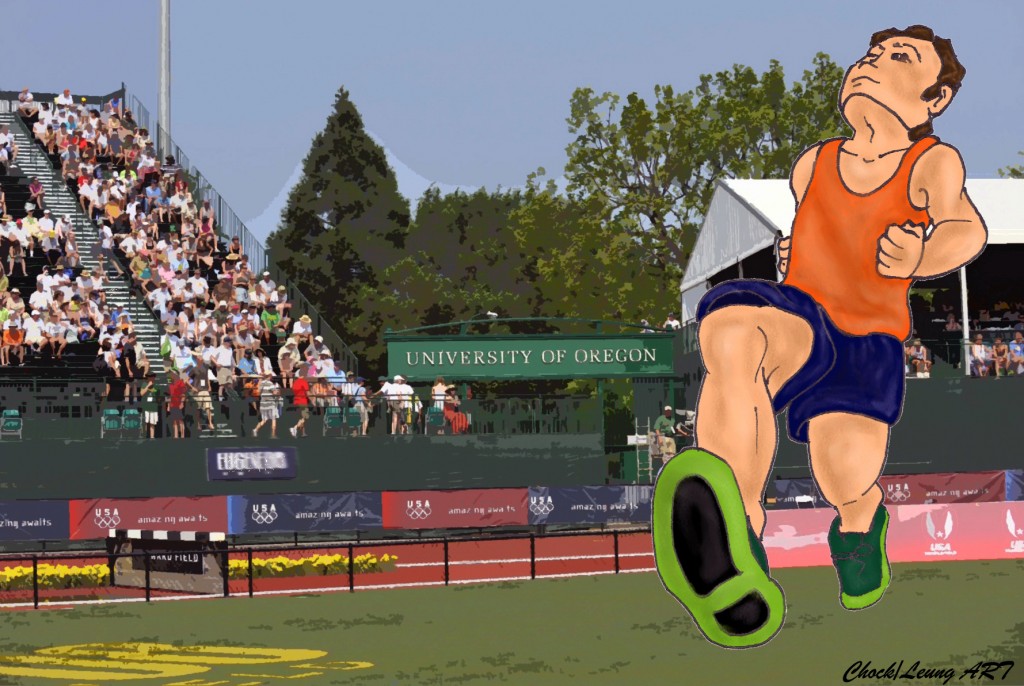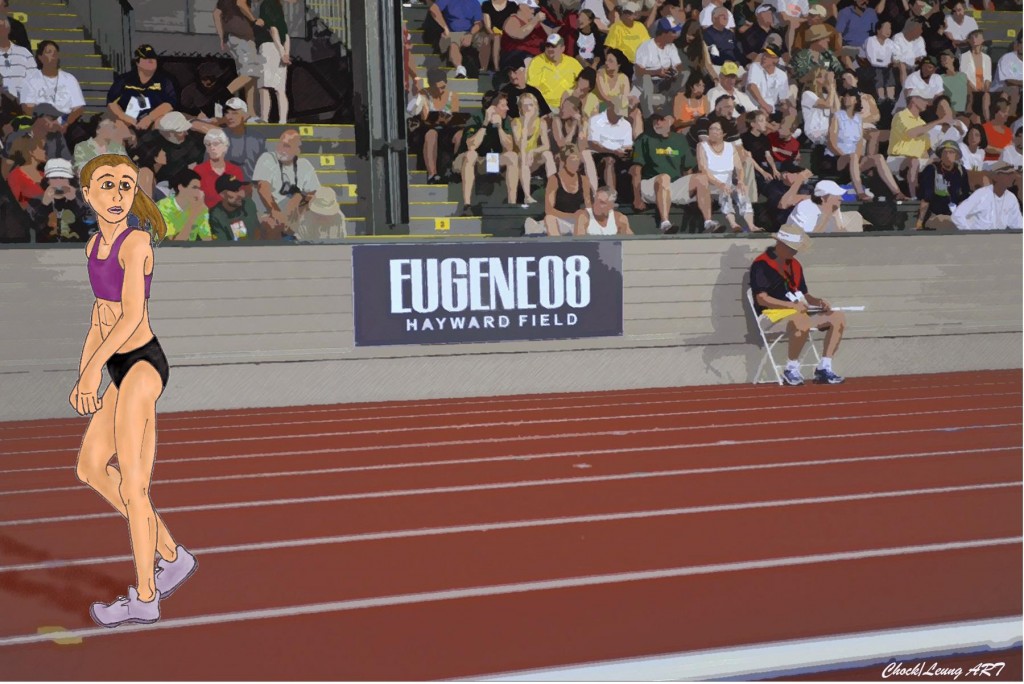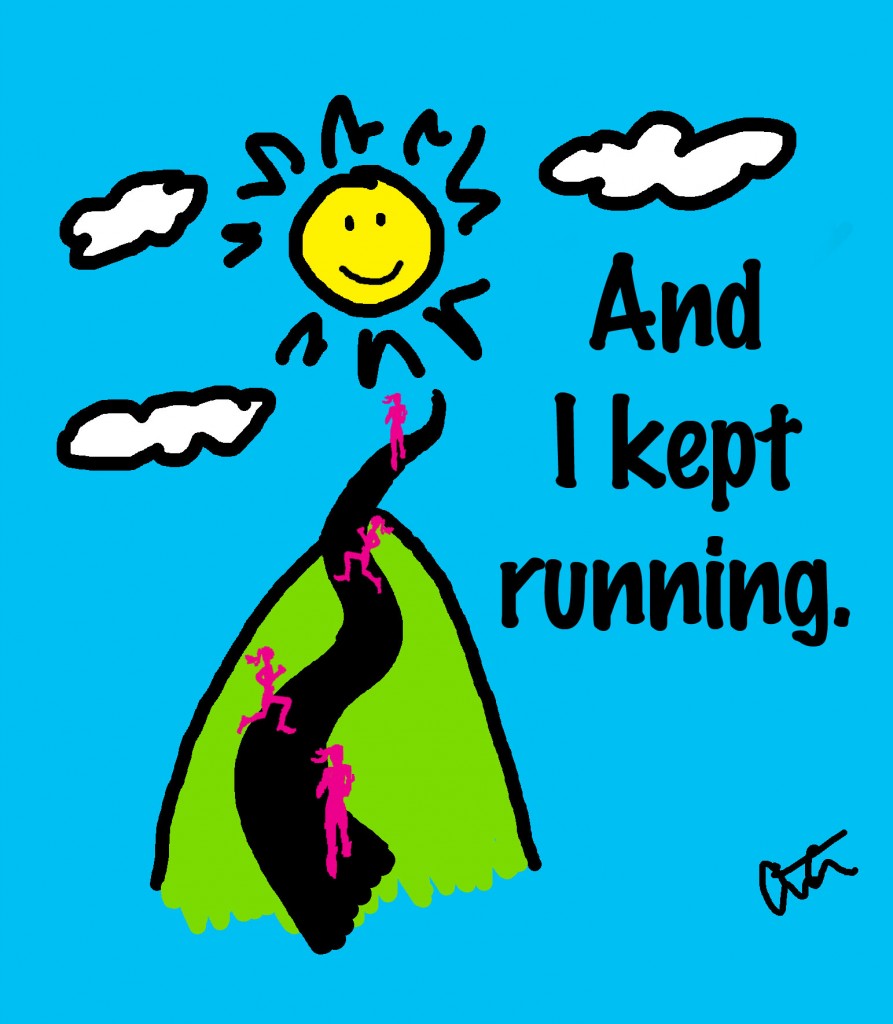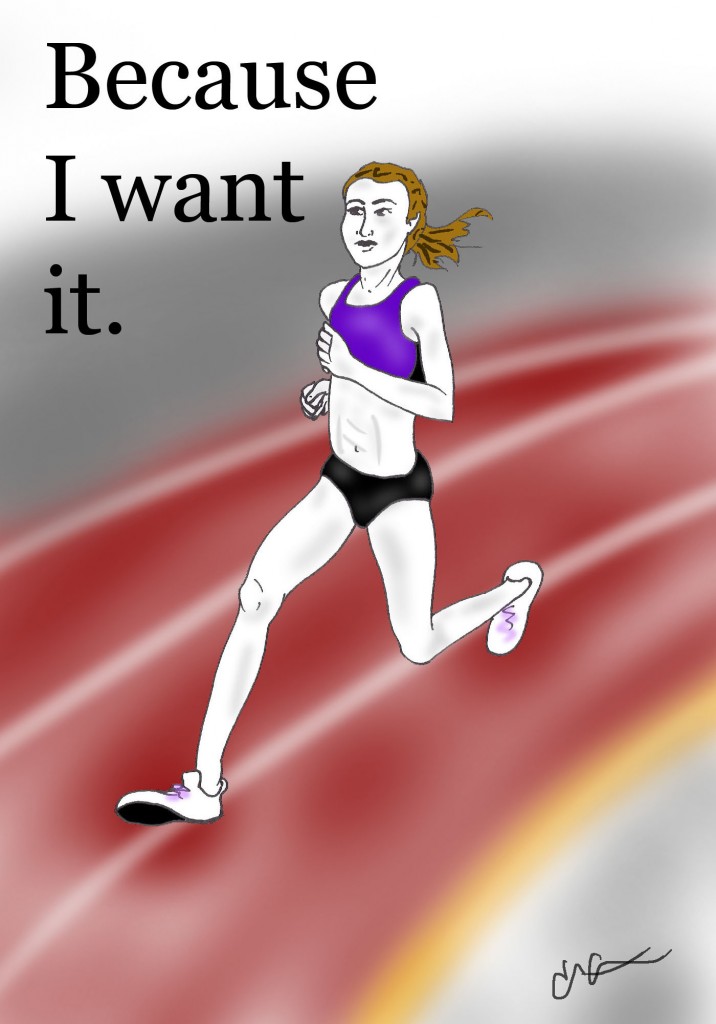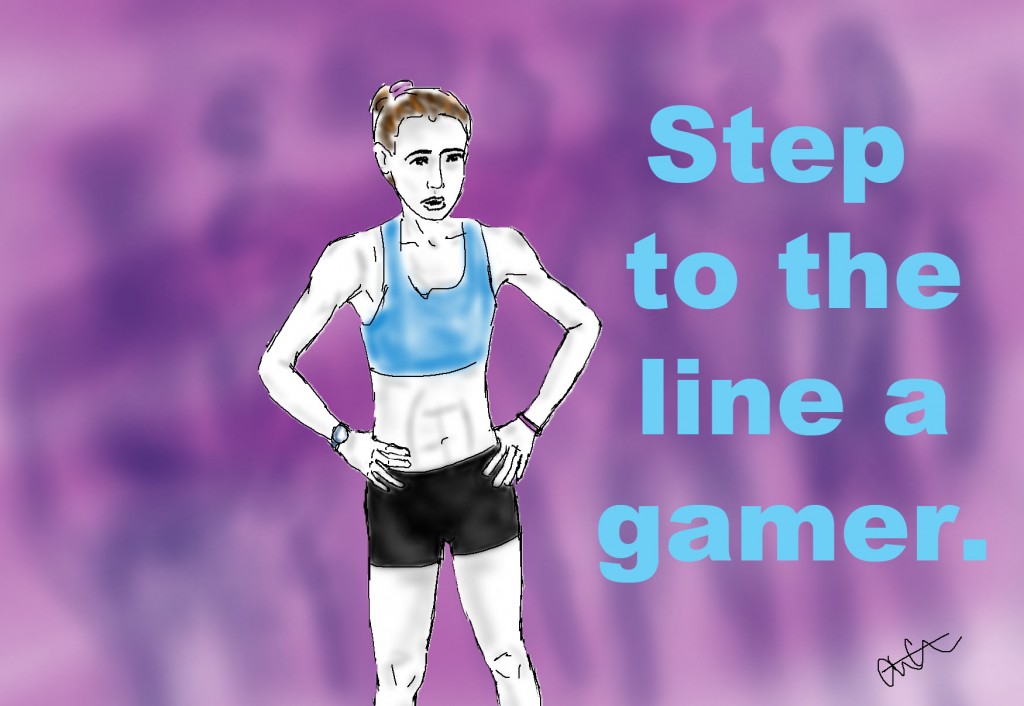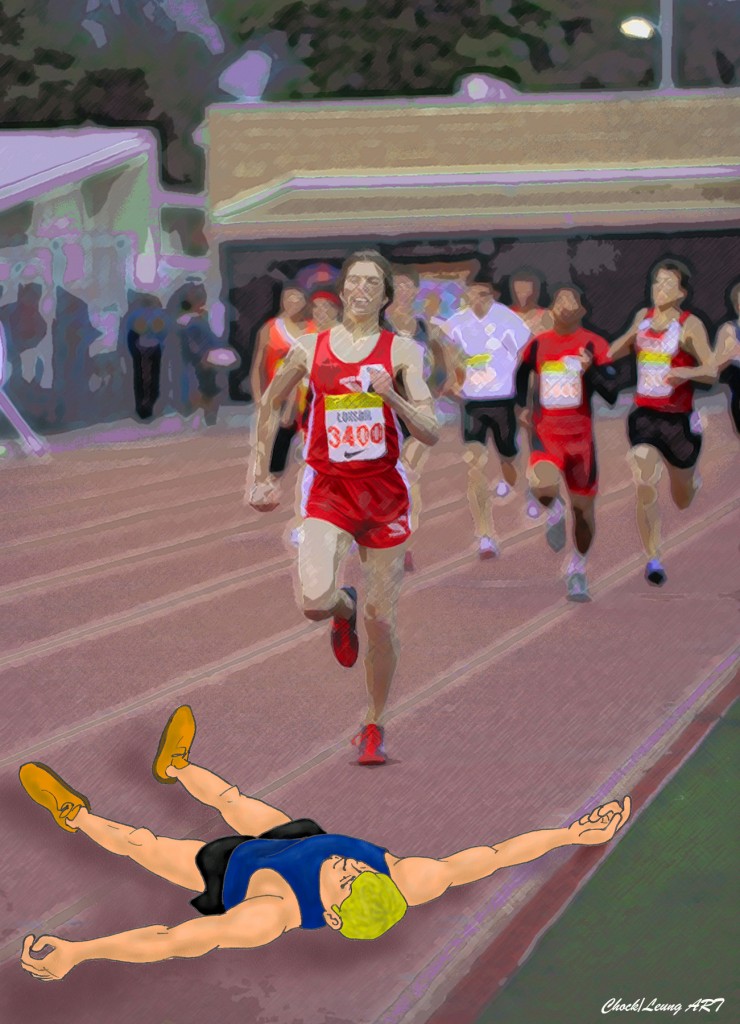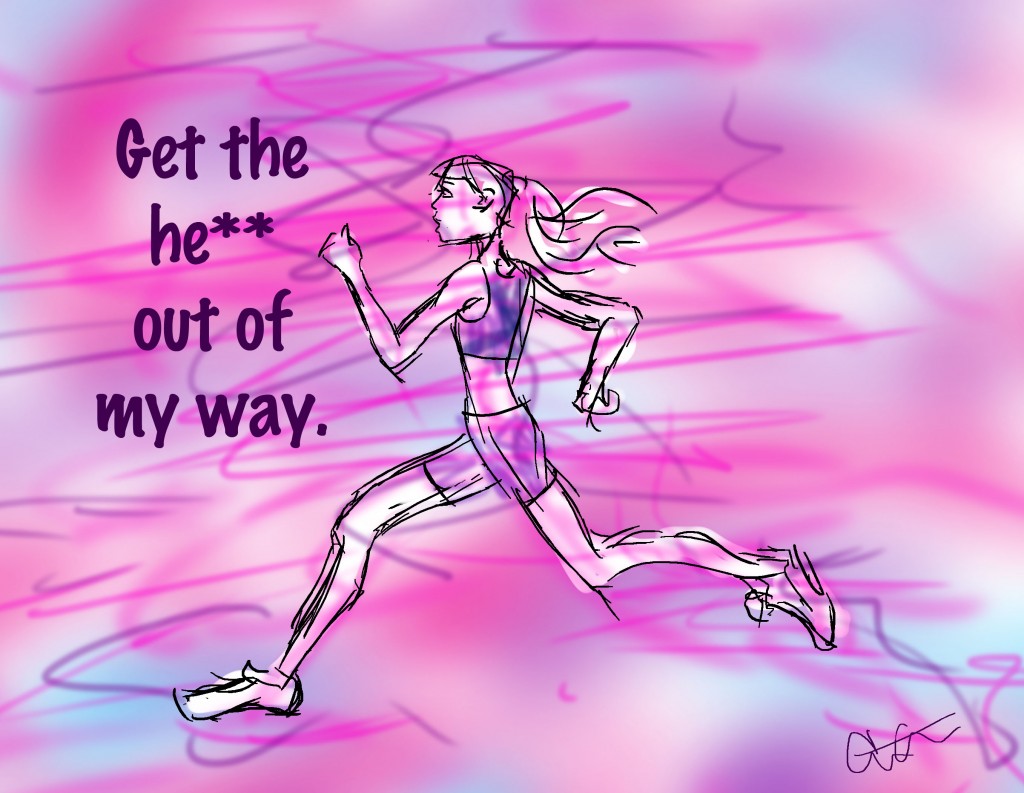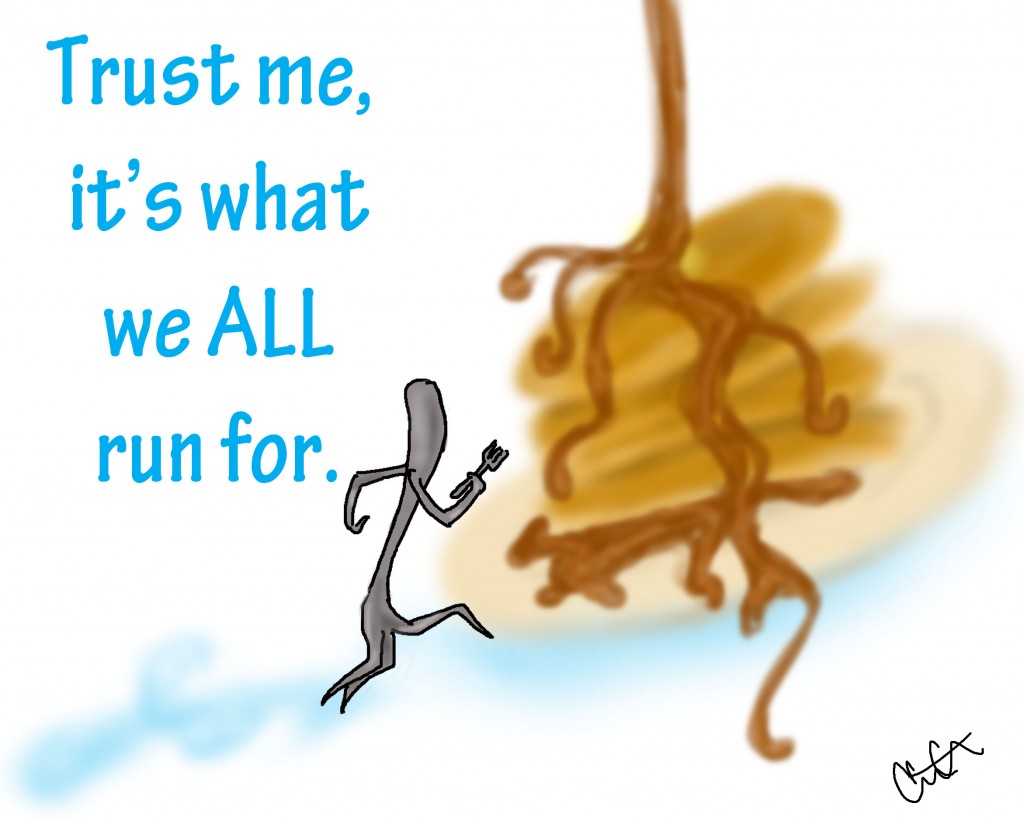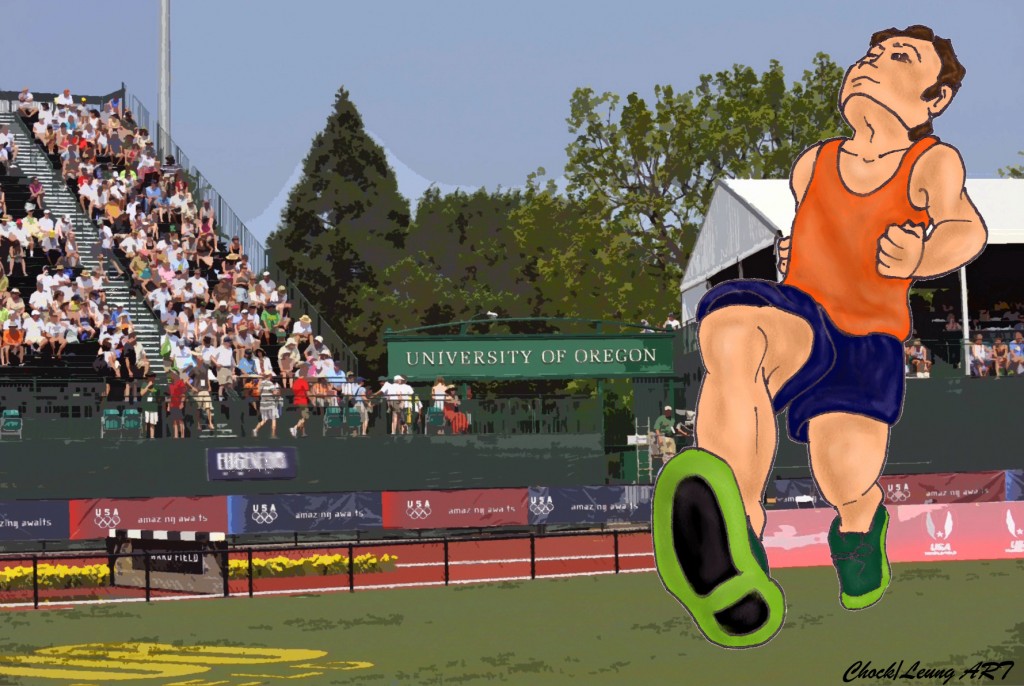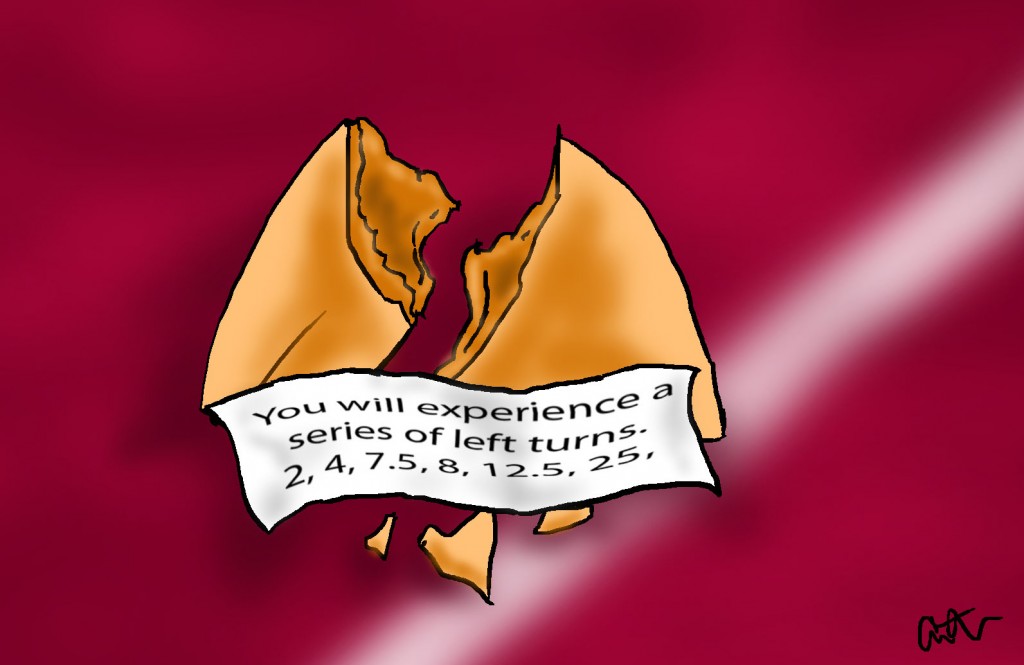The 2012 Olympic Trials are underway at Hayward Field in Eugene, Oregon; among the outstanding athletes toeing the line will be Jordan McNamara. As a professional runner, member of Nike’s Oregon Track Club Elite, he will be running the 1500 meters. the first qualifying round will be held on Thursday the 28th, and if all goes to plan he’ll then have the semi-finals the 29th and the finals on July 1st.
 Image Source
Image Source
For those who don’t already know, Jordan McNamara has had a meteoric year, PR’s across the distances, and PR’s pretty much every time he stepped to the track. Certainly one couldn’t pick a better year with it being an Olympic year. Though, as is the case with many runners, you don’t just fall into years like that or PR’s for that matter; he’s renowned for his dedication and work-ethic, stayed motivated through the inevitable tests of our sport (having surgery on his foot which meant an entire 6 months of no running at all), and believed in himself and his goals throughout.
I had the great pleasure of stealing some time from Jordan McNamara, for an interview as he prepares for the Olympic Trials and what he hopes to be the berth onto his first Olympic Team. How Jordan differs from some of his competitors is that he is genuinely responsive to his supporters and embraces the role model status thrust upon him. It’s him updating those Twitter and Facebook accounts and managing his own site and blog. (Check it out, he’s a phenomenal writer too!) and in speaking with him, he expressed that taking the time to stop for photos and autographs for his fans is important and worth it to him. He remembers being back in high school and reading interviews from his own running idols, so he hopes that today his own answers are able to help the runners now looking up to him. The fact he was talking to me days before some of the biggest races of his career thus far speaks volumes.
Here is Part I of my interview with Jordan McNamara, come back for Part II and be sure to be cheer for him come the 1500!
1) The Harry Jerome 1500, you had a mad tear down that home stretch, can you take me through that race a little bit? [Editors Note: After Harry Jerome, on the 16th, he raced another 1500 at Hayward Field winning with a time of 3:35.63, another PR and a mere 0.13 off the Olympic A Standard.]
Harry Jerome was a great confidence booster for me. Coming into the race, I knew I was in shape to compete with every big name on the starting list. I also knew that if the opportunity presented it self, I could get below my PR (3:36.48 at the time). The race itself went smoothly. Through two laps, we were on A standard pace. I asserted myself early and found myself along for the ride in fourth position. As is an all-too-common occurrence, the pace lagged in the third lap as everyone began to gear up for the final lap. I felt confident and relaxed, running slightly wide through the penultimate 200, ready to cover any early bids. With 250 meters to go, I felt Matt Centrowitz come to my right shoulder. I instantly reacted, using that warning as impetus to begin racing in earnest. Passing two people I instantly glued my eyes on the tall figure of Andrew Wheating, who was absolute flying around the curve. I jumped into fourth gear around the straight away, around another competitor, and found myself in third with 100 to go. At that point I made a decision, which in hindsight, likely cost me the race. With Wheating in full flight, I decided to slow and drop from outside lane one to the rail. Doing so allowed me to pass second place, and gave me a clear lane for the final 70m. Finally free, I released my final gear, feeling myself pulling in the leader. Sensing a race, the crowd bellowed and I felt my adrenaline spike as the margin between us lessened… 3 meters, 2 meters, 1 meter. Alas, with 30m remaining, I stalled, spent by the effort. I finished 0.1 off the win, rewarded with a PR of 3:36.03. Though it missed the coveted A mark, it showed me that I have the ability to kick with the very best that this country has to offer.
 Photo Credit: Jordan McNamara/Nike Town
Photo Credit: Jordan McNamara/Nike Town
2) Obviously there was the Olympic ‘A’ Standard as a time incentive for you; while you narrowly missed it there, Hayward Field offers you the opportunity. How does the confidence from last week’s PR affect your plans going into the Trials?
It’s a great time to be in the best shape of your life. It’s a rare and special thing, to have things align at such a particular moment. Going into the Trials, my confidence is high, and my fitness is unquestionable. That being said, my competition is equally capable, and I will need a bit of luck combined with flawless execution to achieve the results I desire.
3) Backing up just a bit here; in speaking of PR’s you’ve been on a similar tear of those across the board. This season, nearly each time you stepped to the line you set a new one. Can you share a bit of your journey through this season? Is there anything in particular you’ve done differently this year than those previous?
My results this year have been the product of consistently hard, intelligent training, MENTAL preparation, and tactical execution. As a distance runner, it’s very difficult to be consistently good. As runners, so many variables are at play: nutrition, sickness, injury, tactical awareness, race-day psyche- all of these factors contribute to a great performance, or to one less desirable. To PR again and again, I didn’t do anything dramatic training-wise, I simply made smart decisions every single day. If I needed to get in a 17 mile day, I did. If I needed to take a day on the couch, I did. I stayed in tune with my body’s signals, and did my best to heed it’s requests.
I visualize my races at all times, because my races are the only times when I can validate the thousands of miles that it’s taken to get to this level. Ultimately, my desire to do great drives me to perfect my craft, to make each and every race count as something special.
4) Through high school, college and turning Pro you’ve continued to progress; what are some of the key elements you attribute to that and can you share a bit on what motivates you?
As a high-schooler, I fell head-over-heels in love with running. I can distinctly remember running at 5 A.M. before school- long before the sun had risen. My friends would often see me running laps around the school during lunch. After school, I’d often run fifteen miles, all alone- simply for the sheer enjoyment of it. My results were never spectacular, though they certainly weren’t average. My continued improvement through the high school, collegiate, and pro ranks has been attributed to a simple love of running. My motivation is simple: when I’m not running, it’s what I want to be doing. When I am running, there’s nothing else I’d rather be doing. I crave every aspect of the act of running. I feel truly fortunate to have found such an active, exciting, and rewarding passion to call my own.
 Image Source
Image Source
5) How has has the shift to becoming a Professional affected your outlook, if at all, on running?
Compared to collegiate running, pro running is an entirely different ball-game. The fact that this is now your livelihood can be stressful, but I enjoy the challenges. Running has always taught me the [depth] of one’s internal strength. Races will never be won for you. Every competitor has sacrificed and will do everything they can to beat you. As a pro, I enjoy the feeling of excelling in such a circumstance.
6) There is no secret to success, it’s hard work and dedicated training; how do you get yourself out the door on the days when inevitably you’re tired or the motivation may wane for a bit?
There are many days- when I’ve already run 10-12 miles in the morning, and the sky is an ominous shade of gray- days we I feel like my job isn’t so glamorous. During times like that, I control the “controllables”- I lay down for a few minutes, collect myself, caffeinate, hydrate, and get the hell out the door before I can convince myself otherwise. In training, there’s a time to push and a time to pull. Sure I may get run-down from the constant workload, but at the end of the day, I can’t think of a run that I’d finished and thought, “now I wish I hadn’t done that.”

